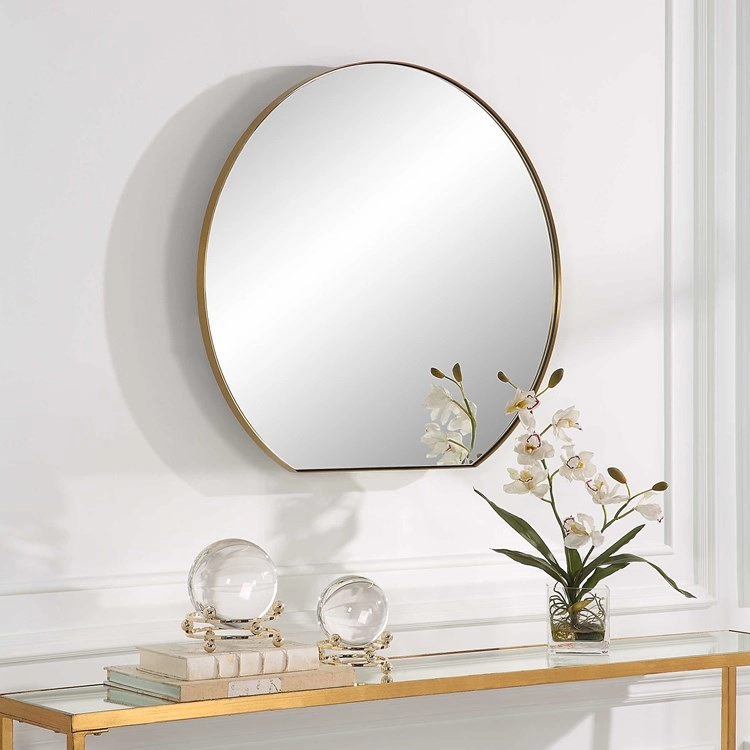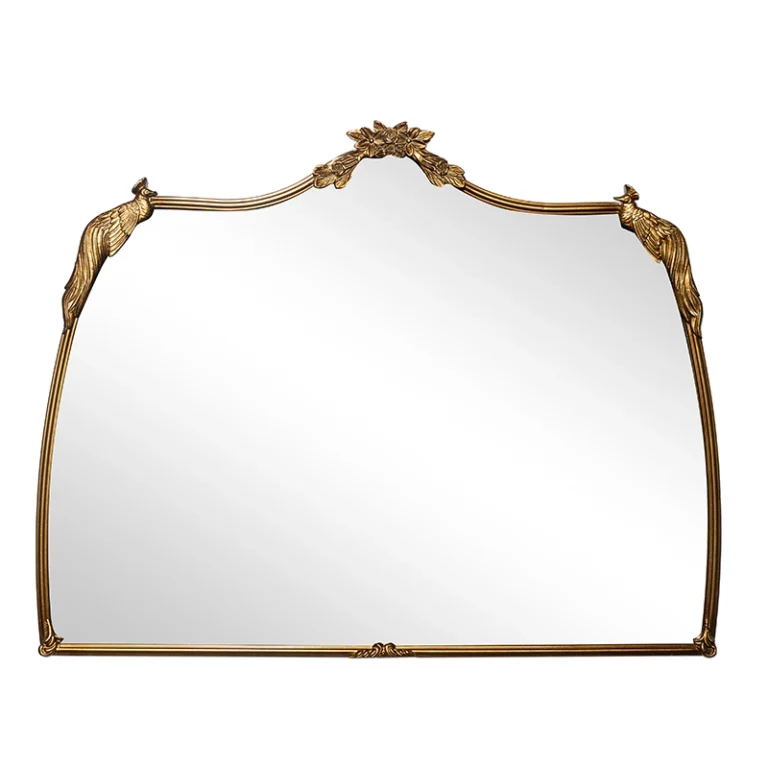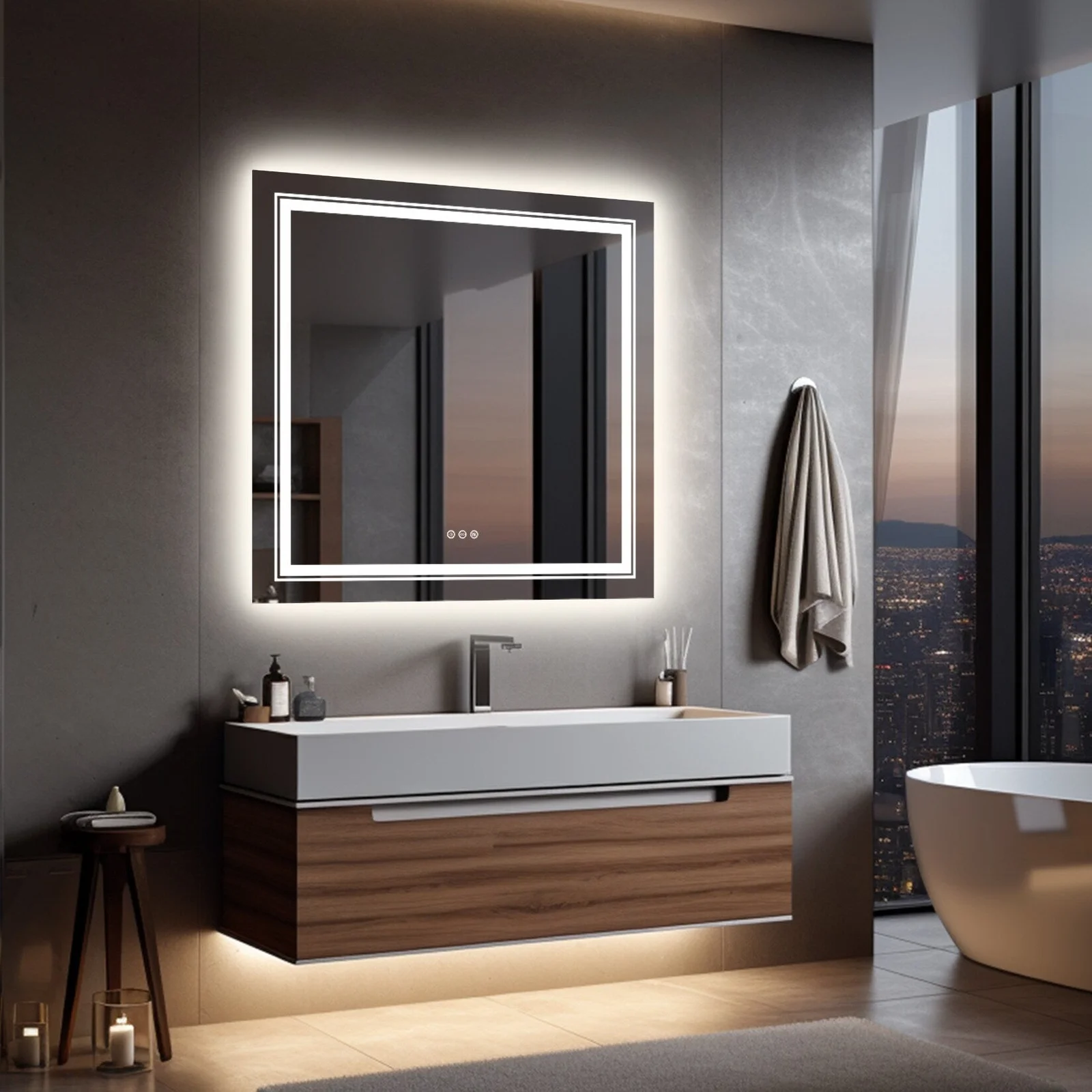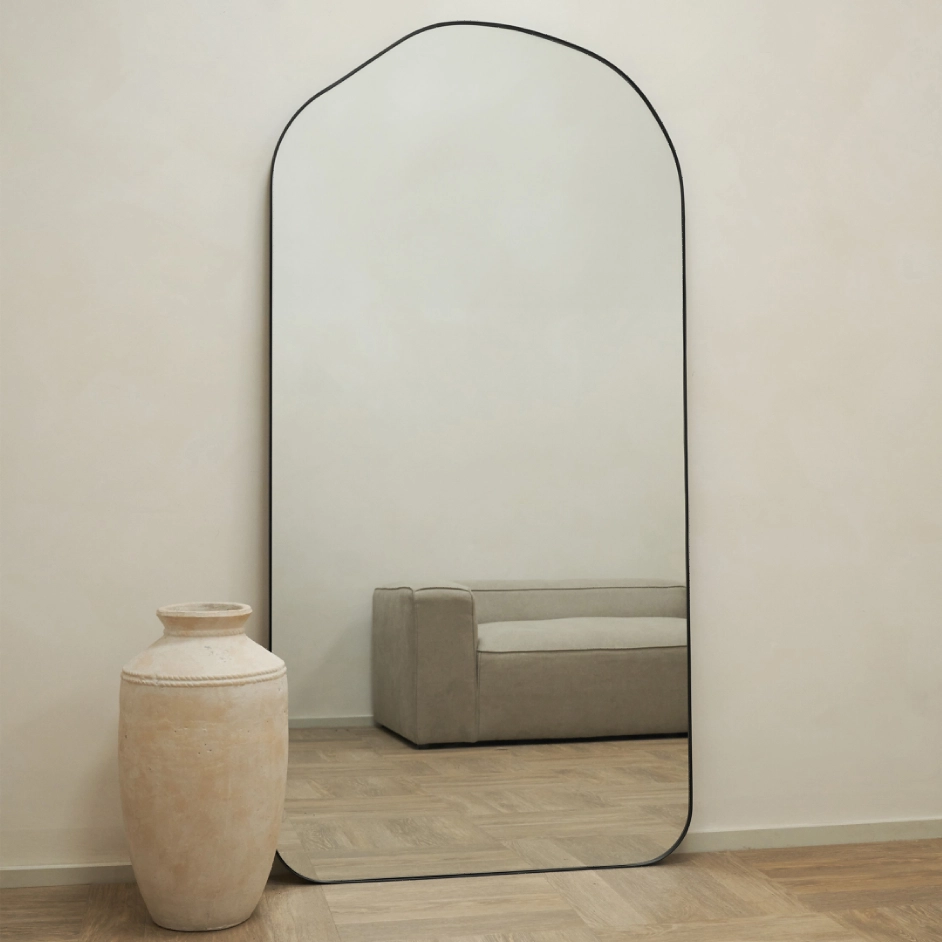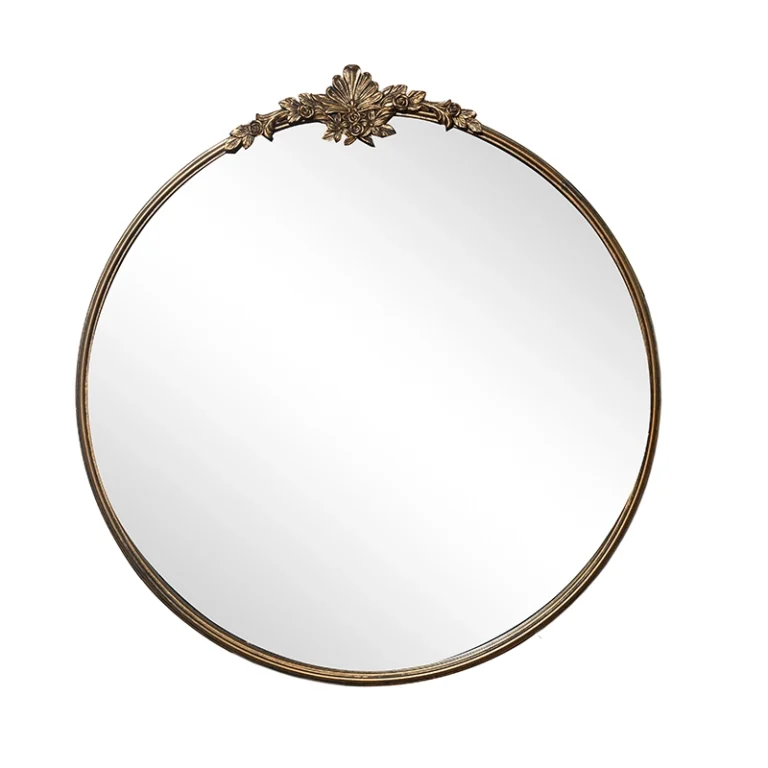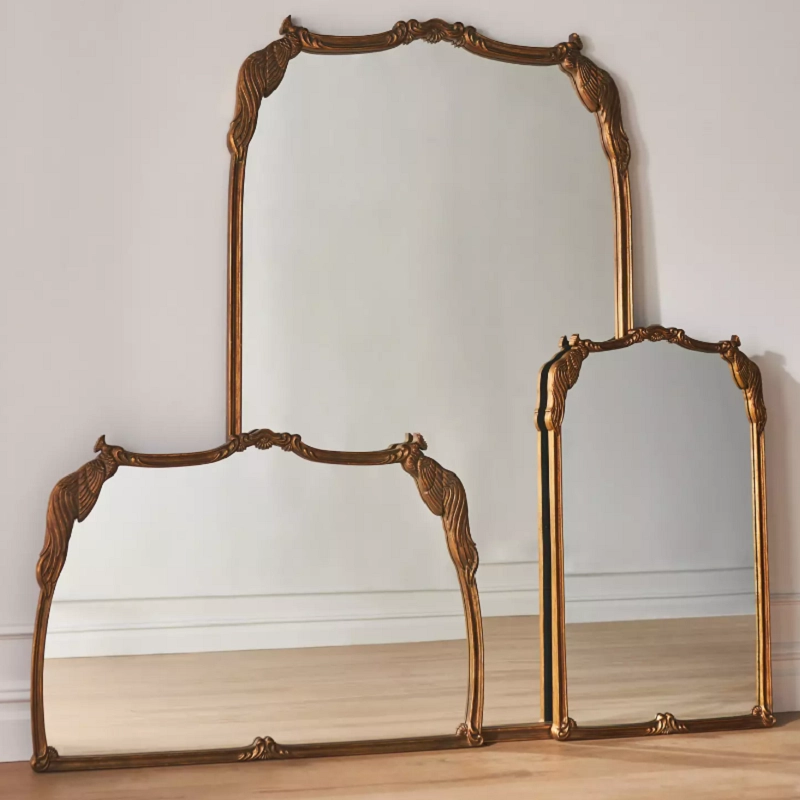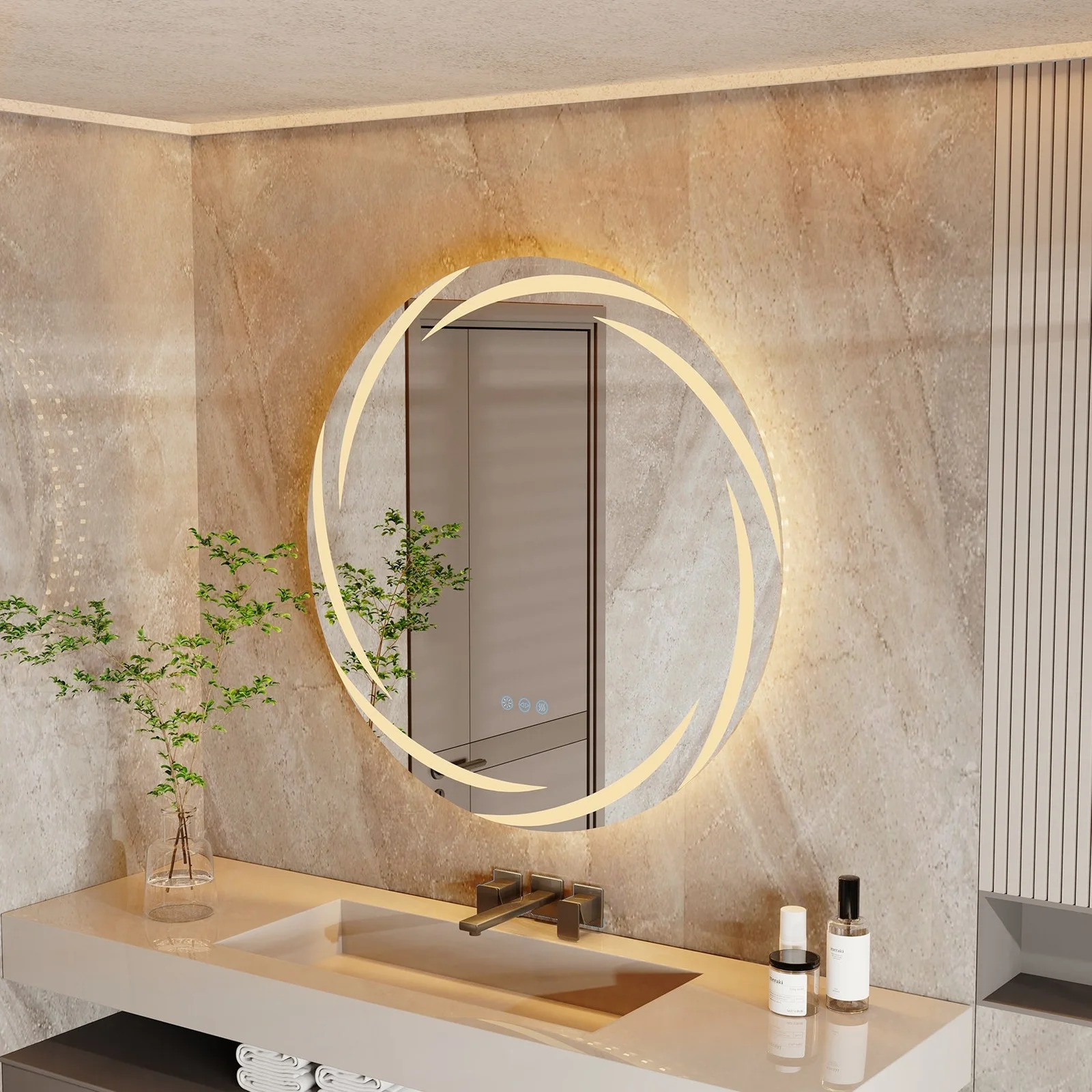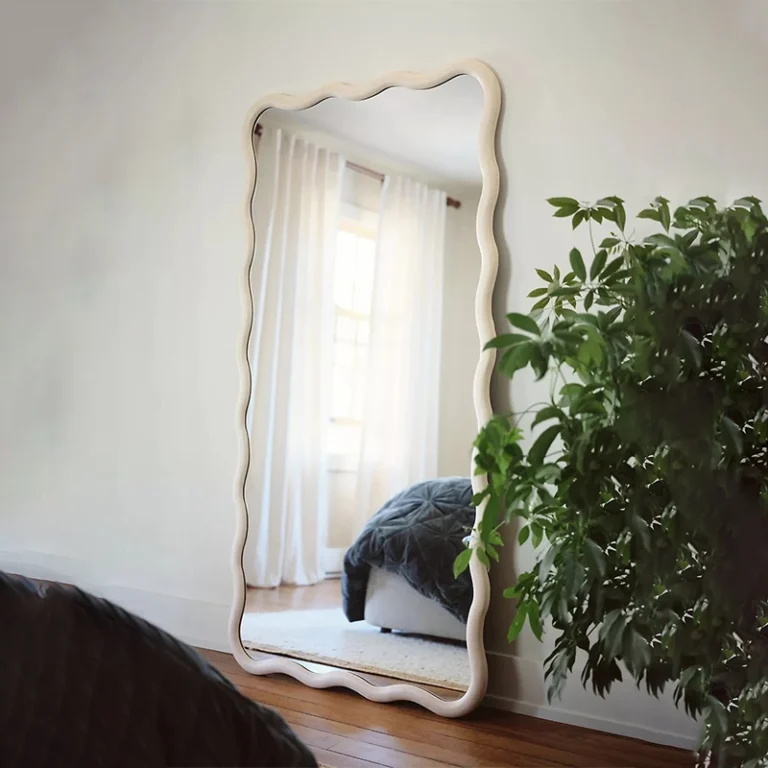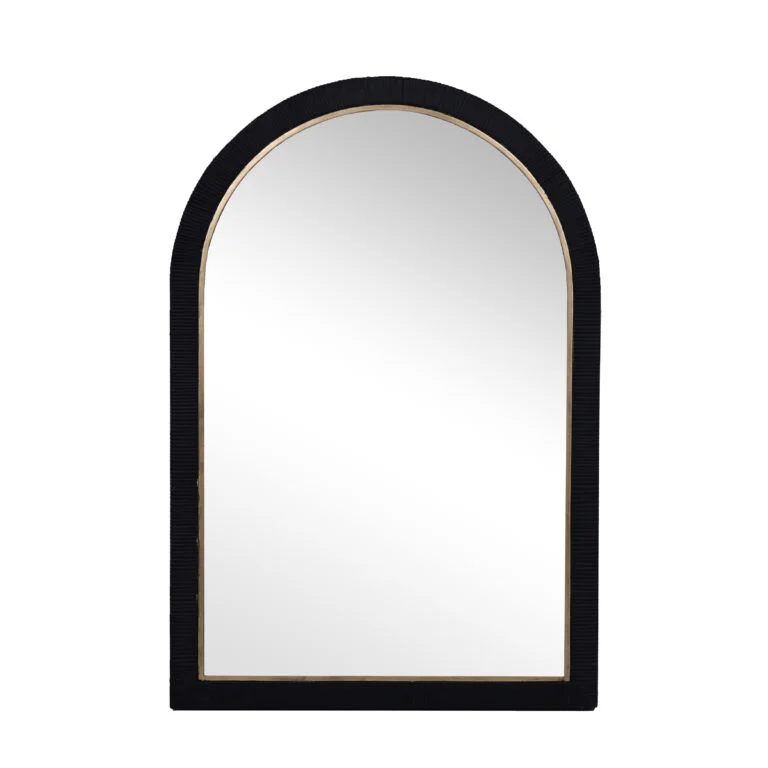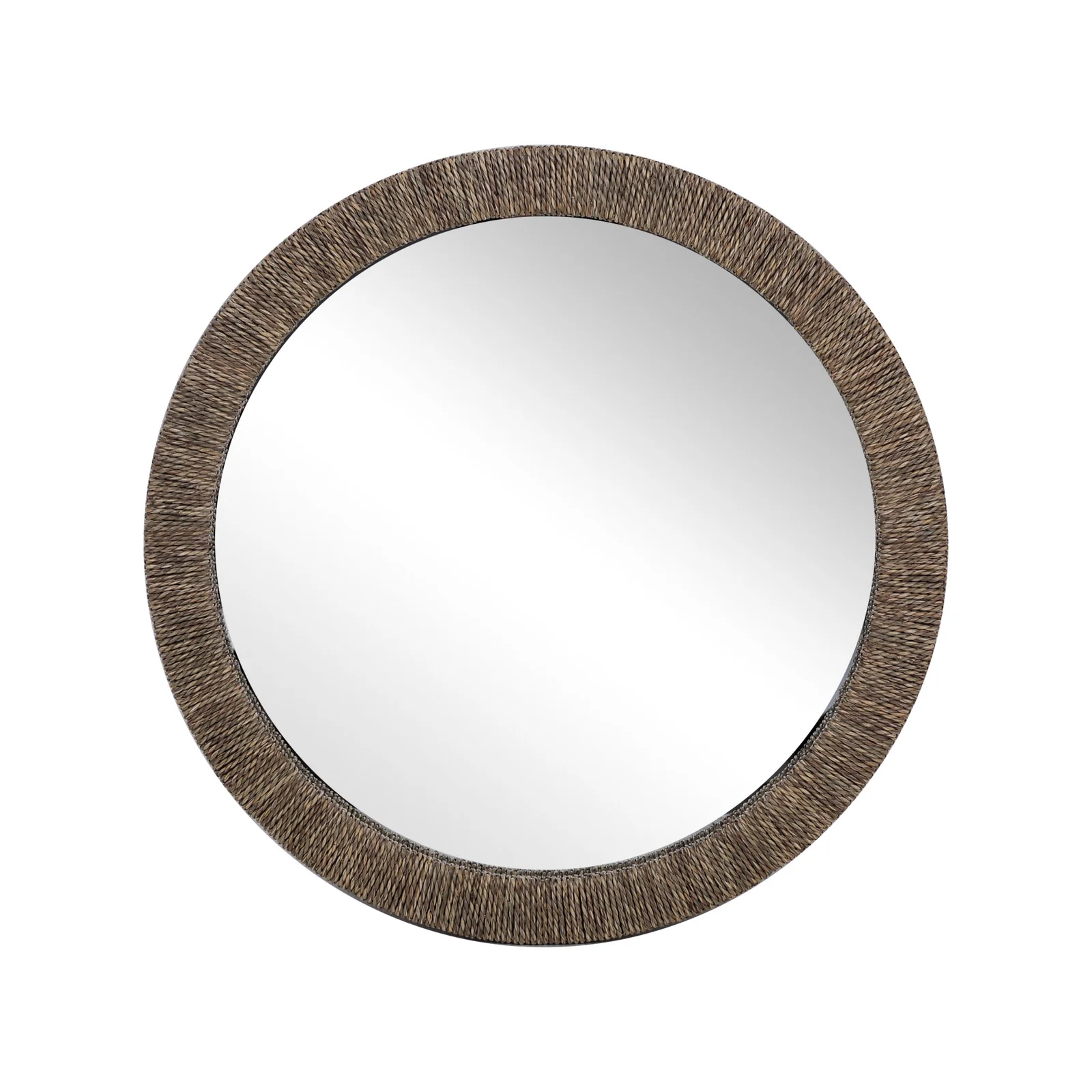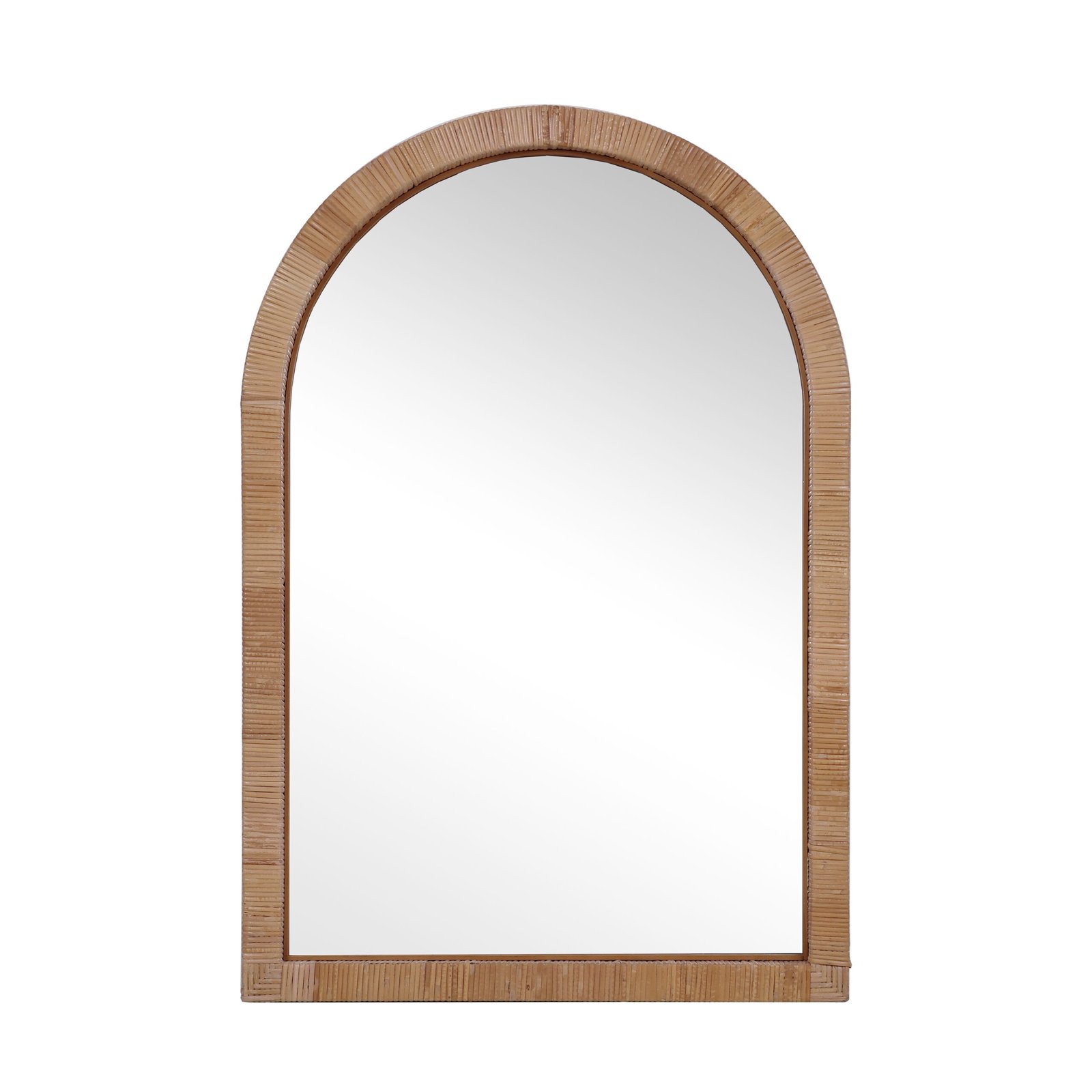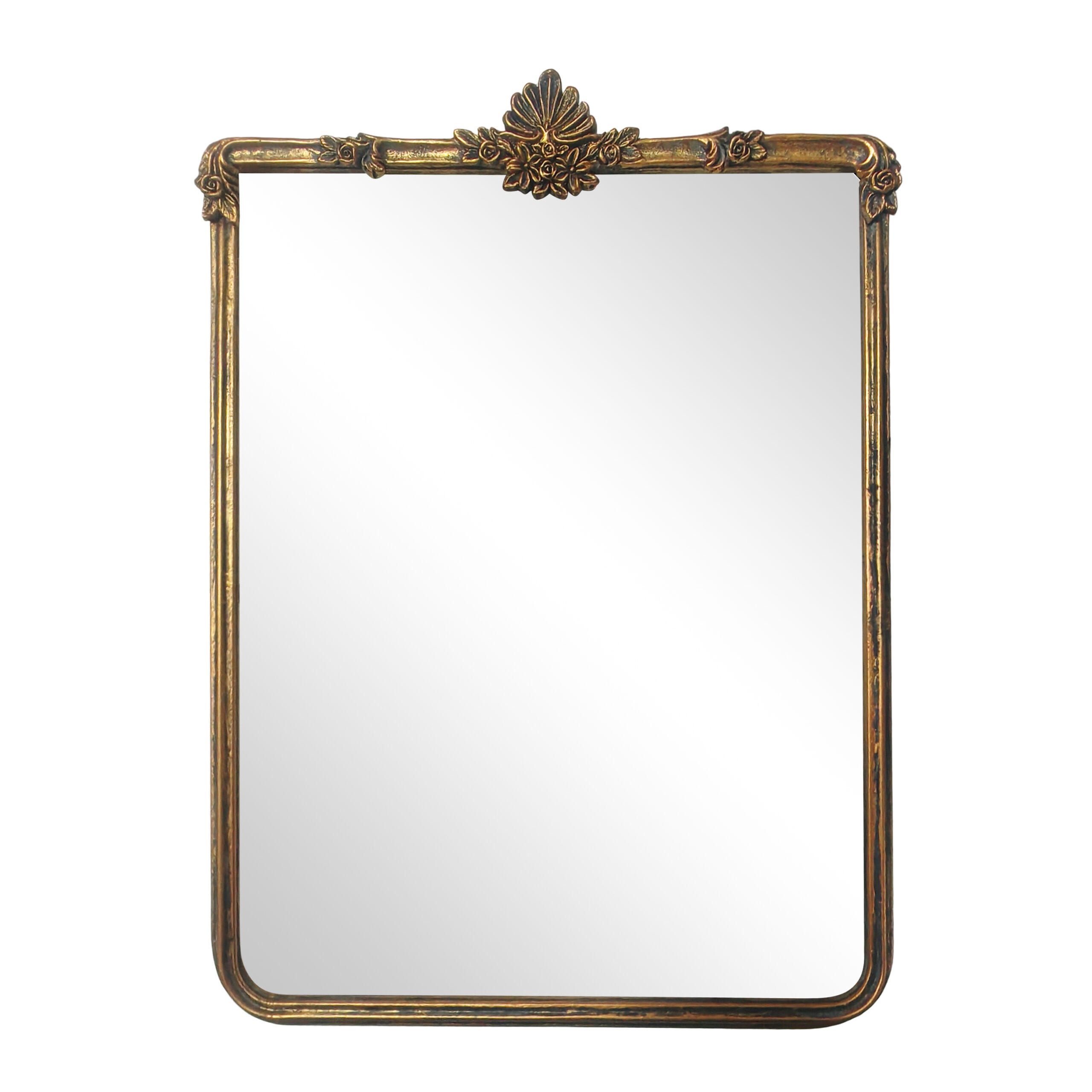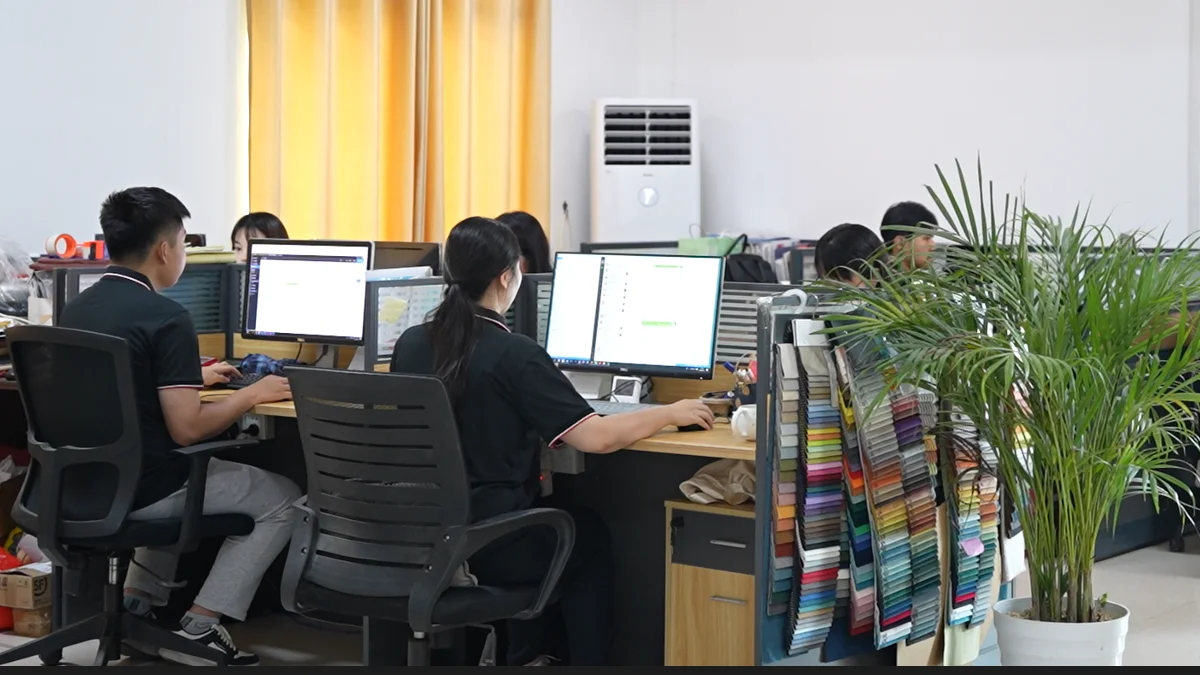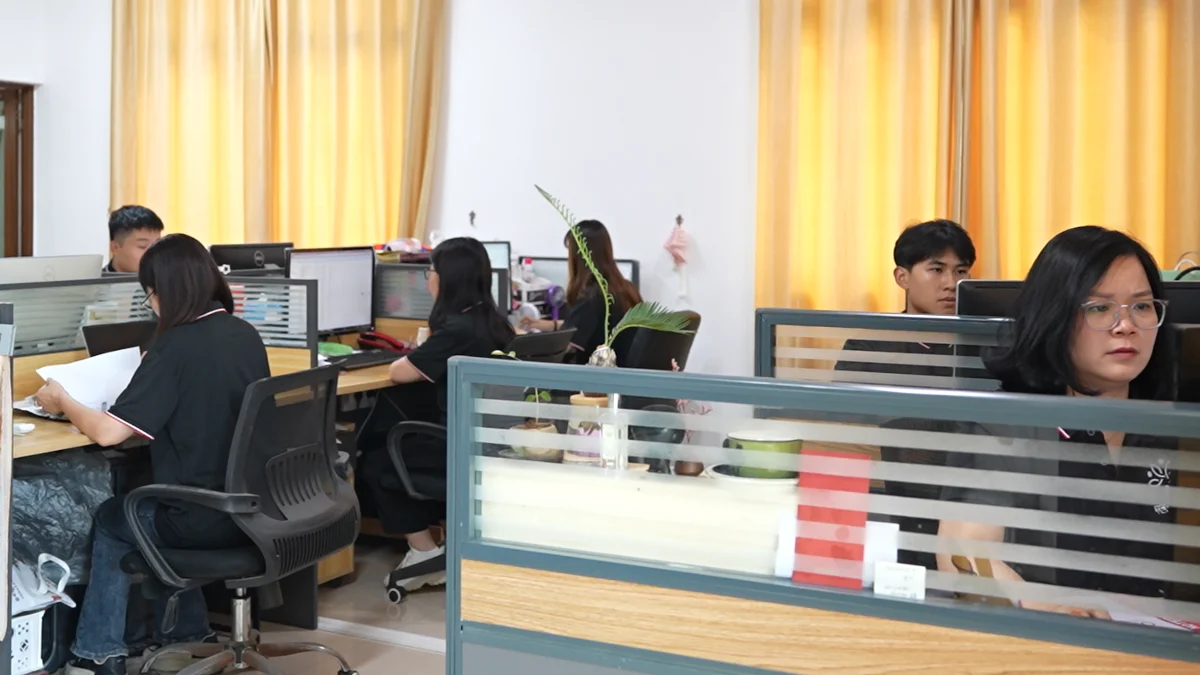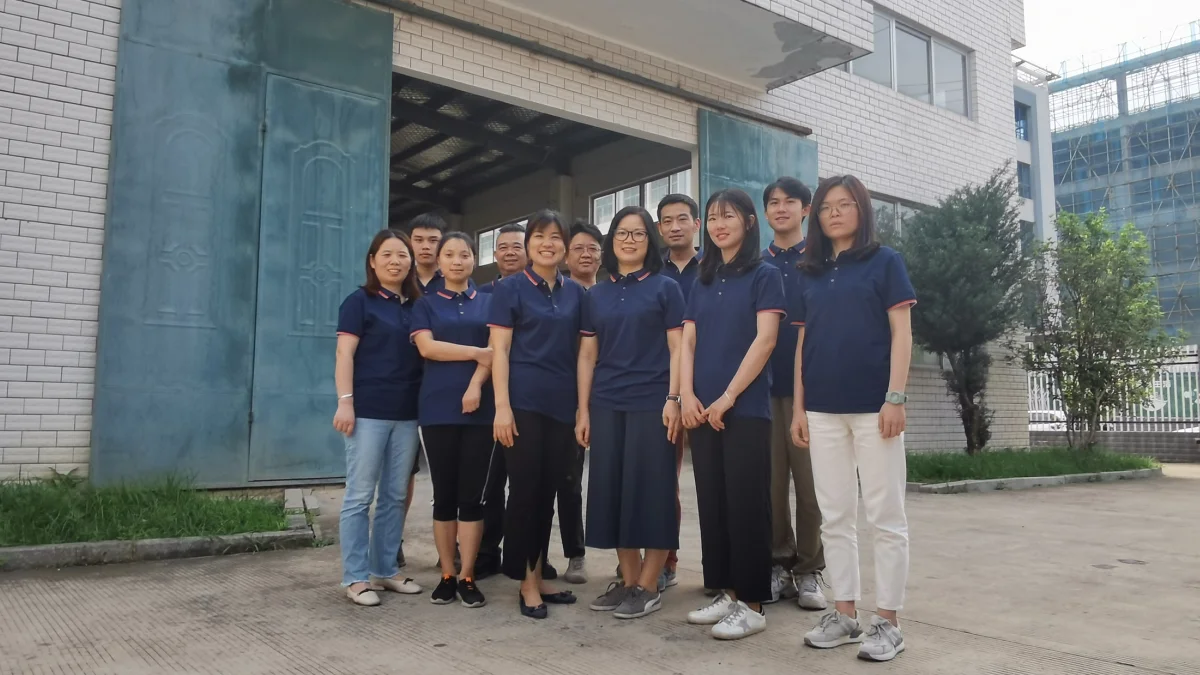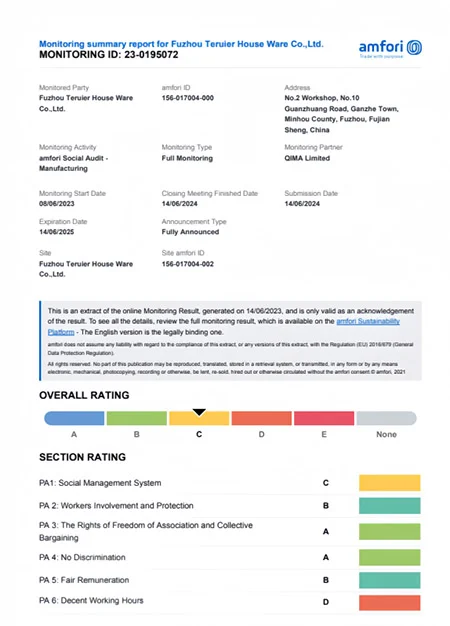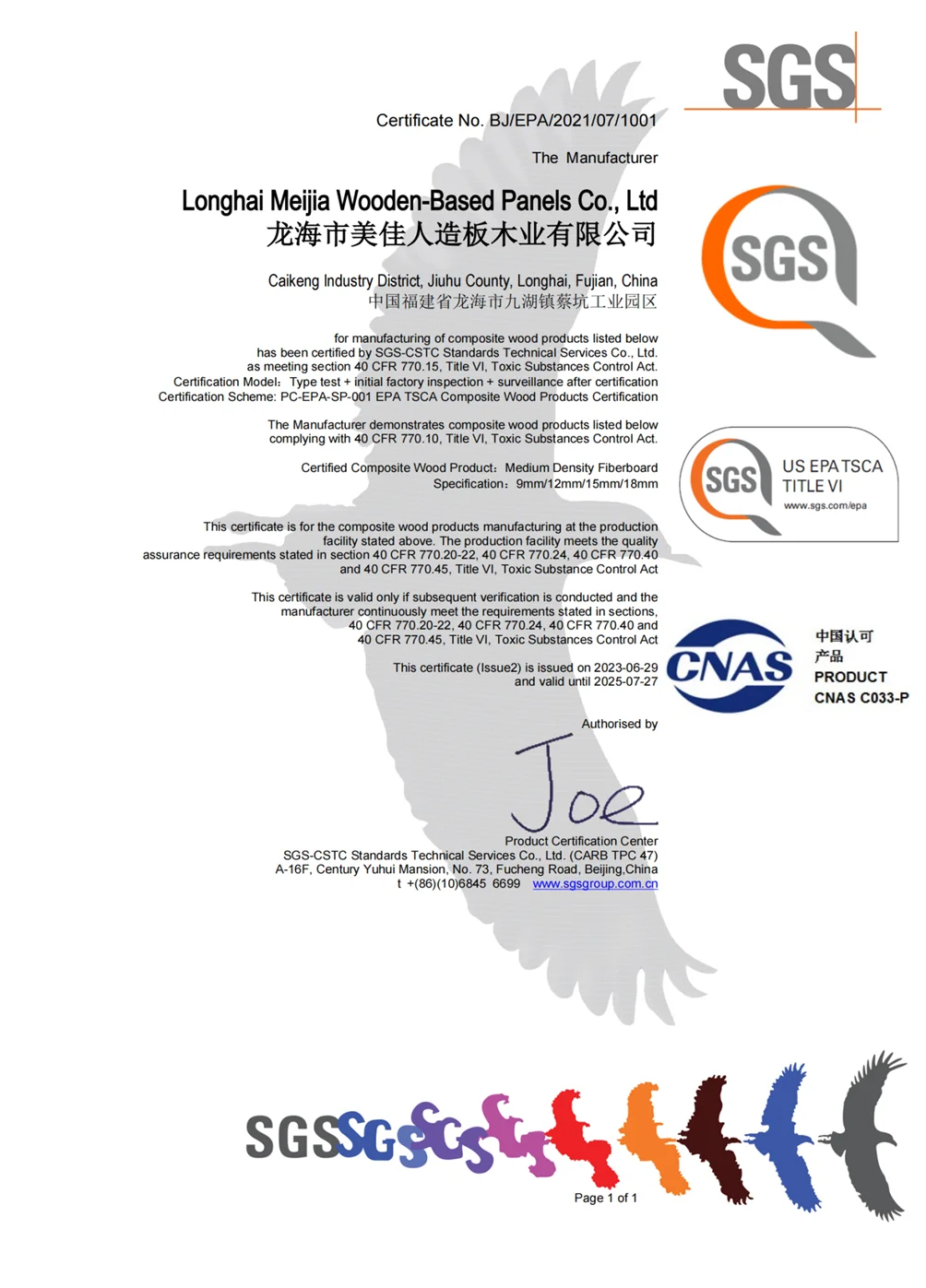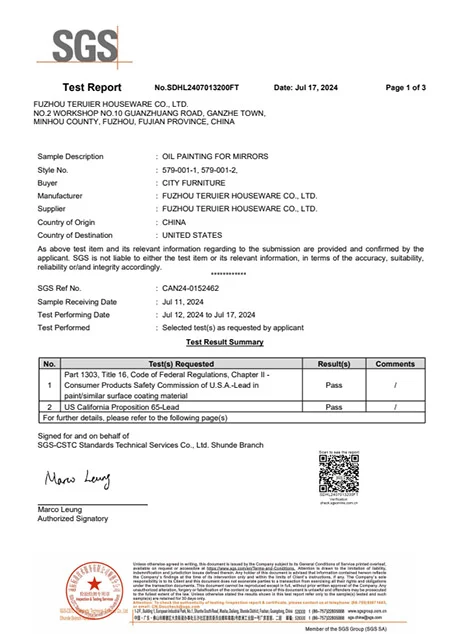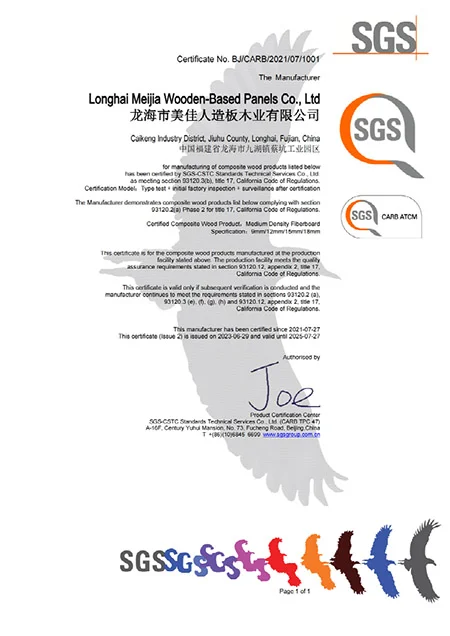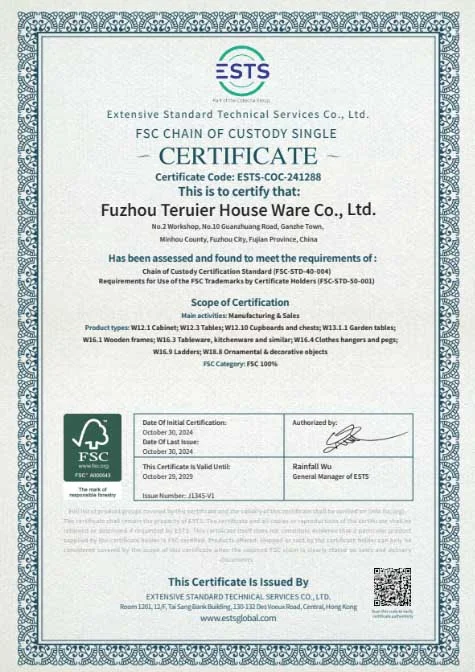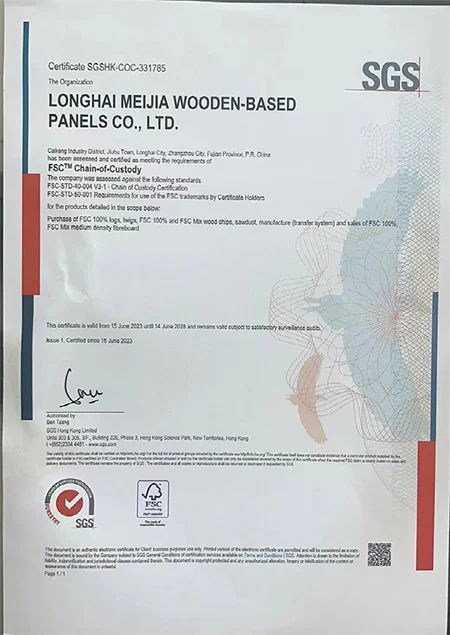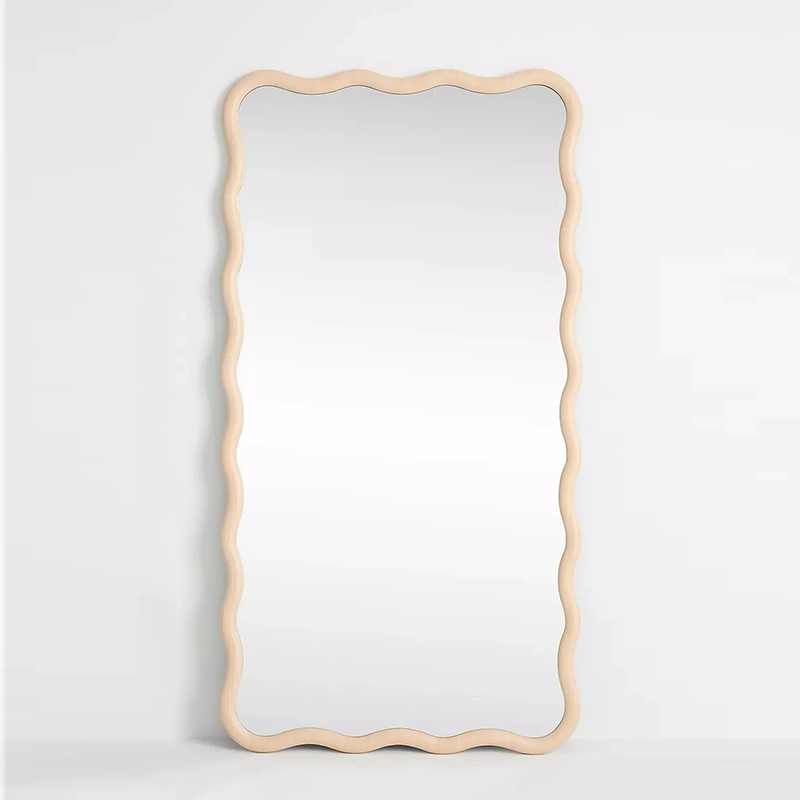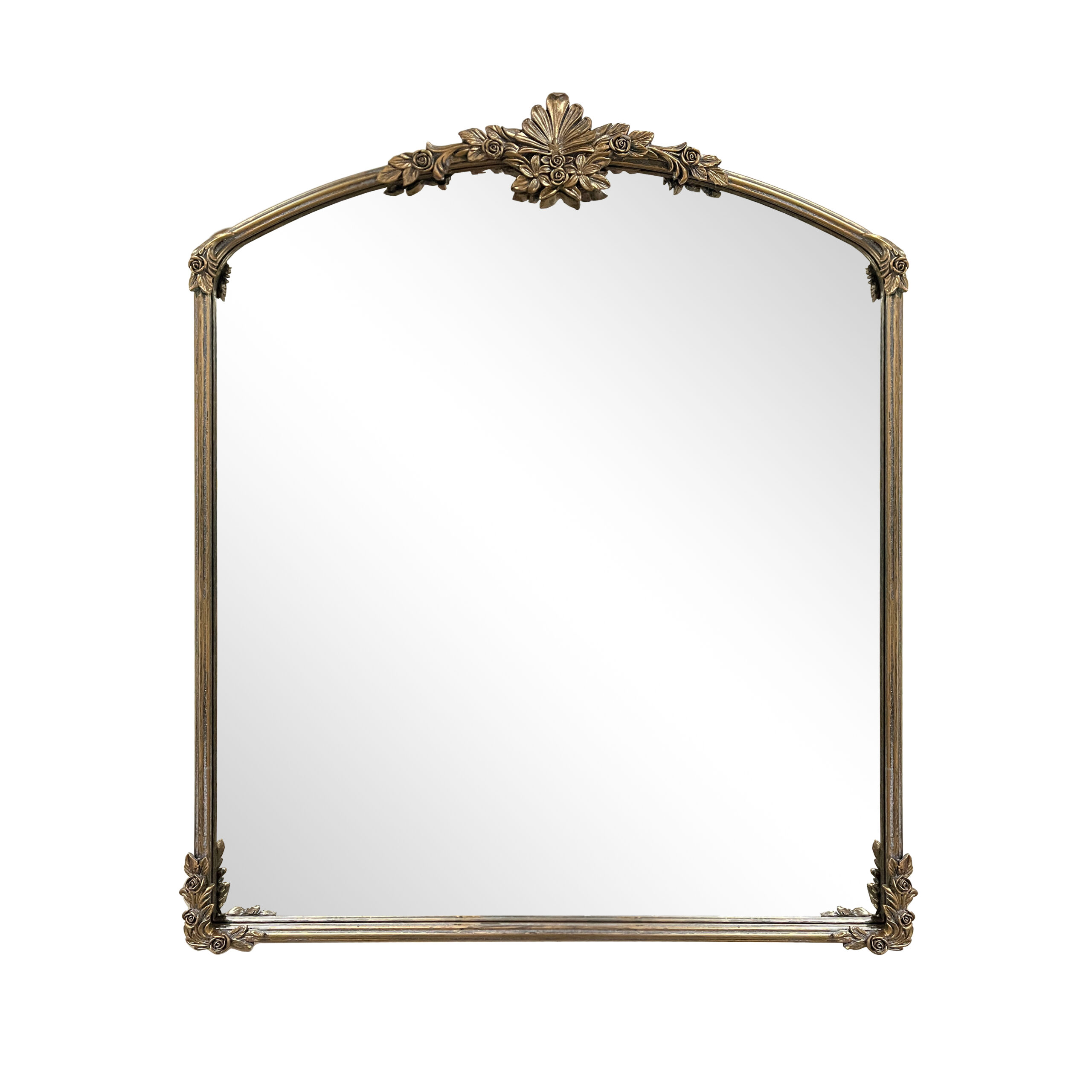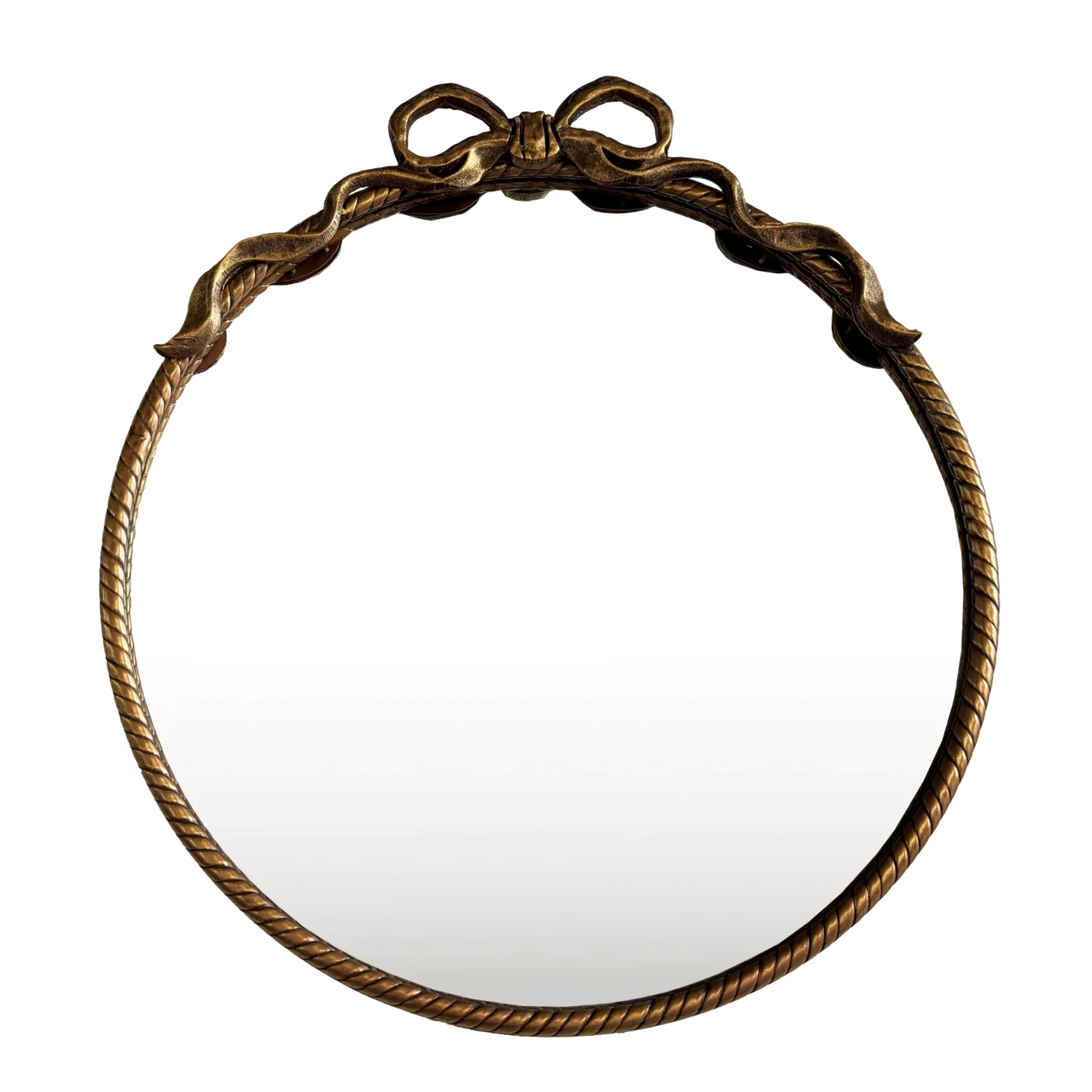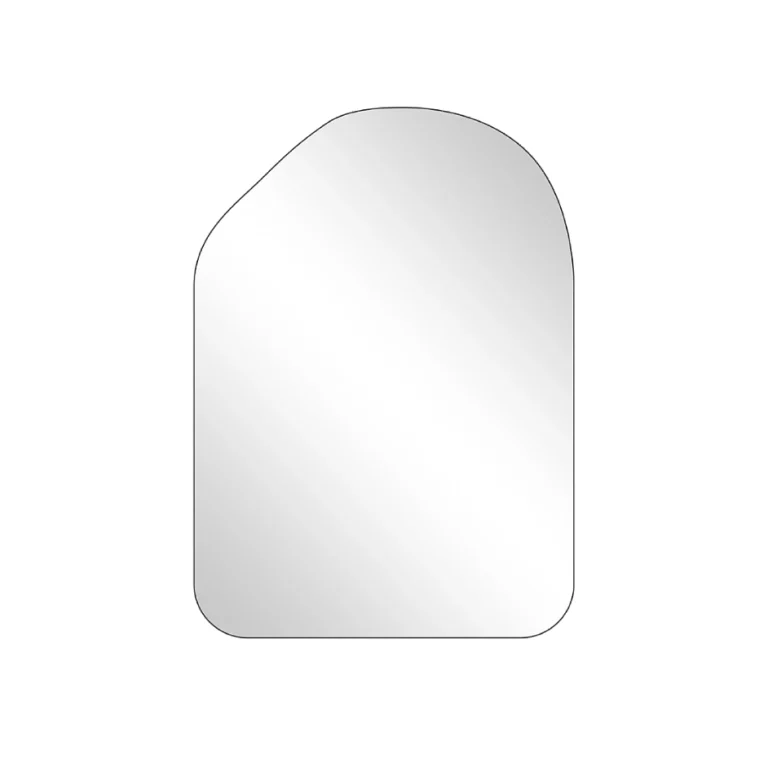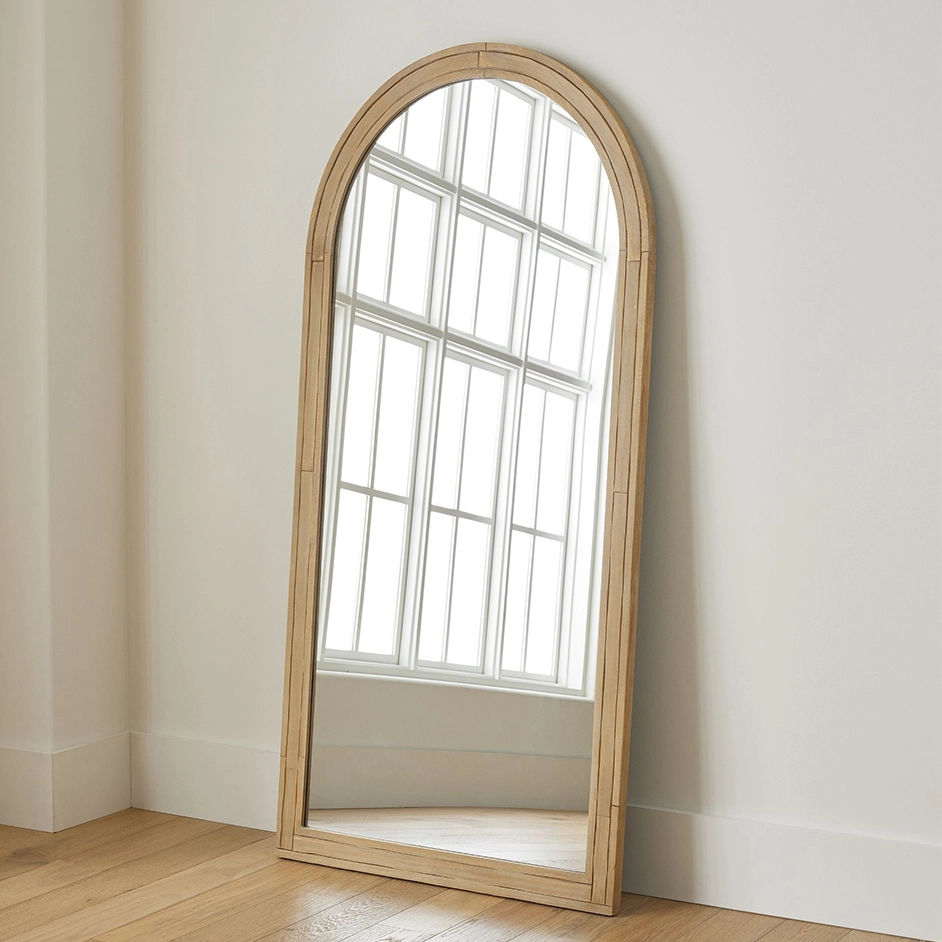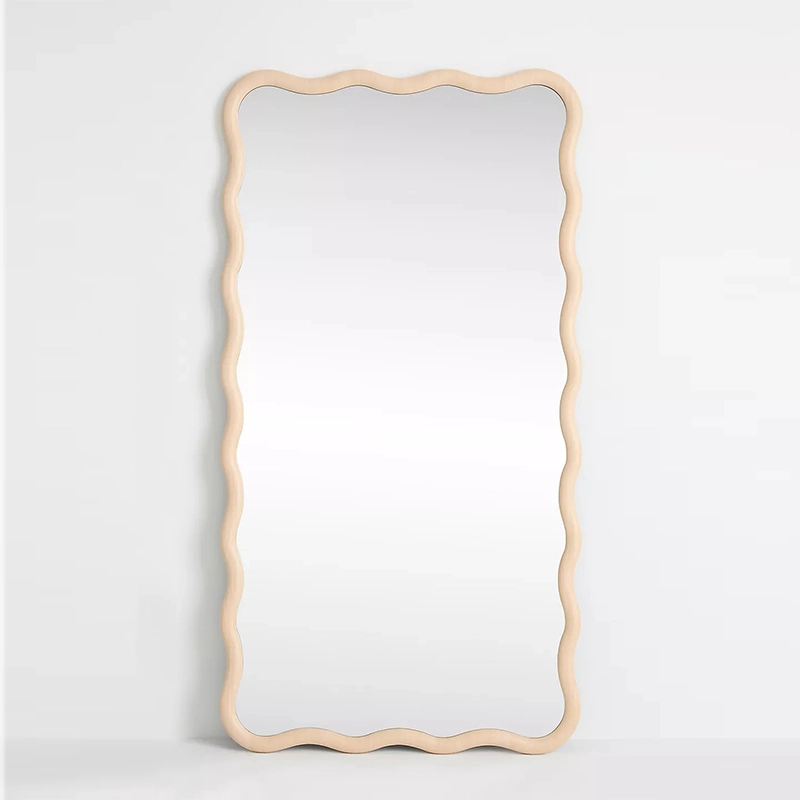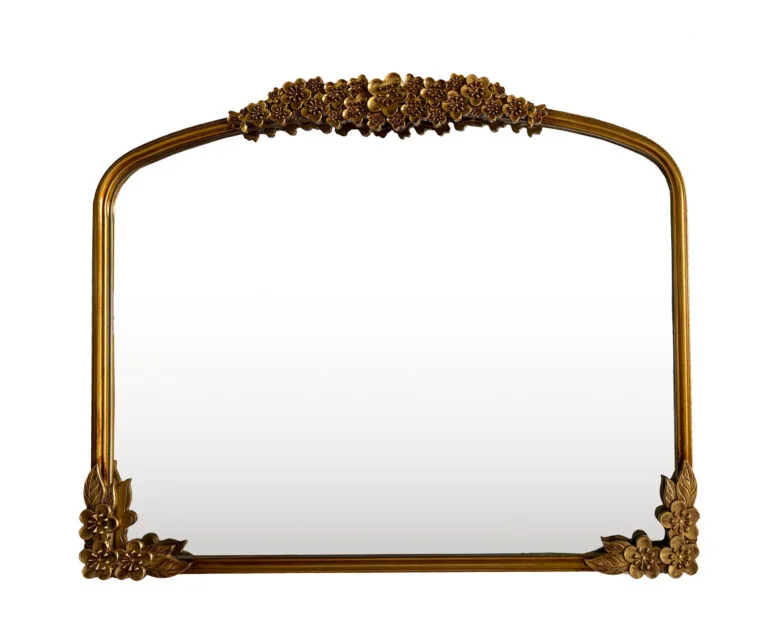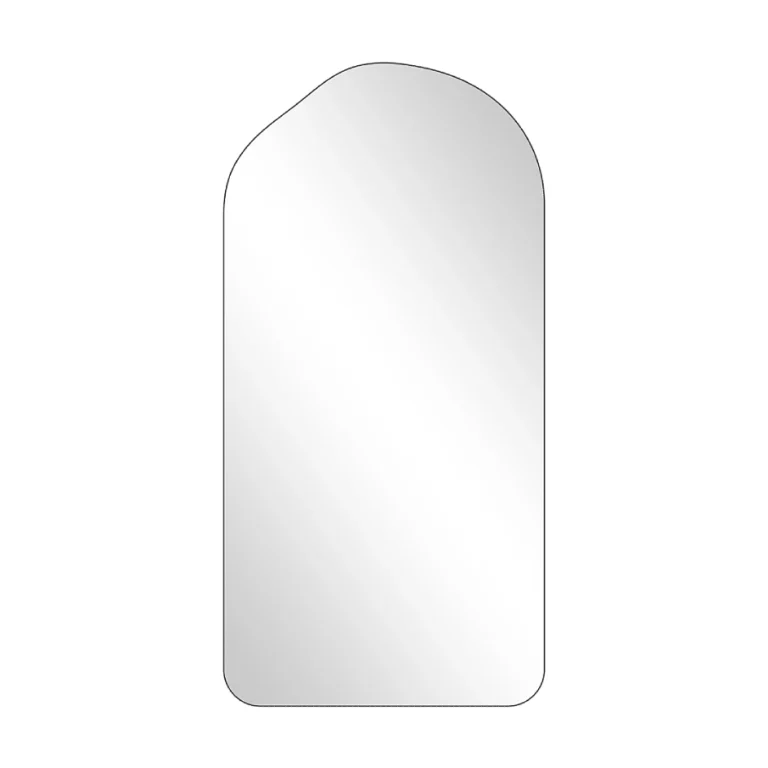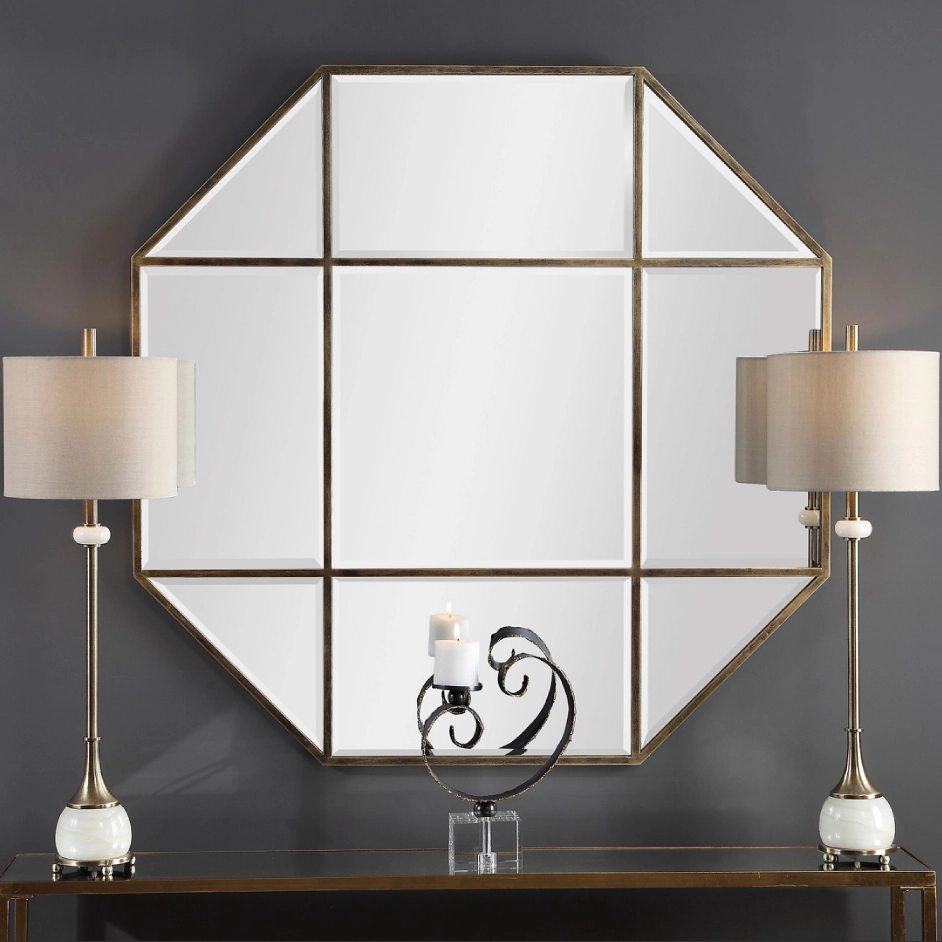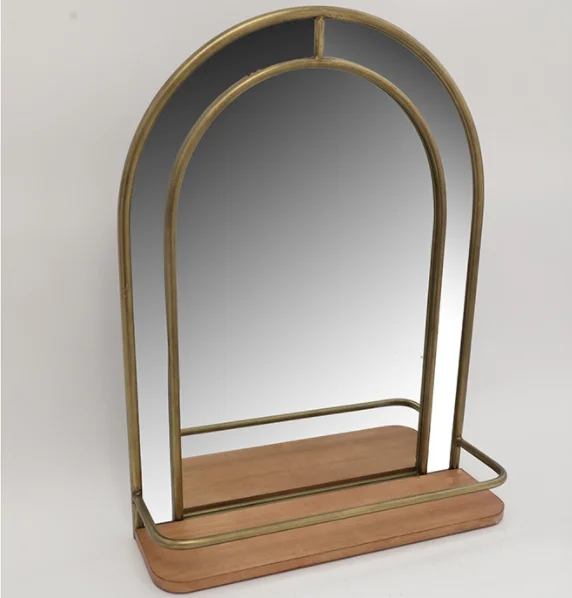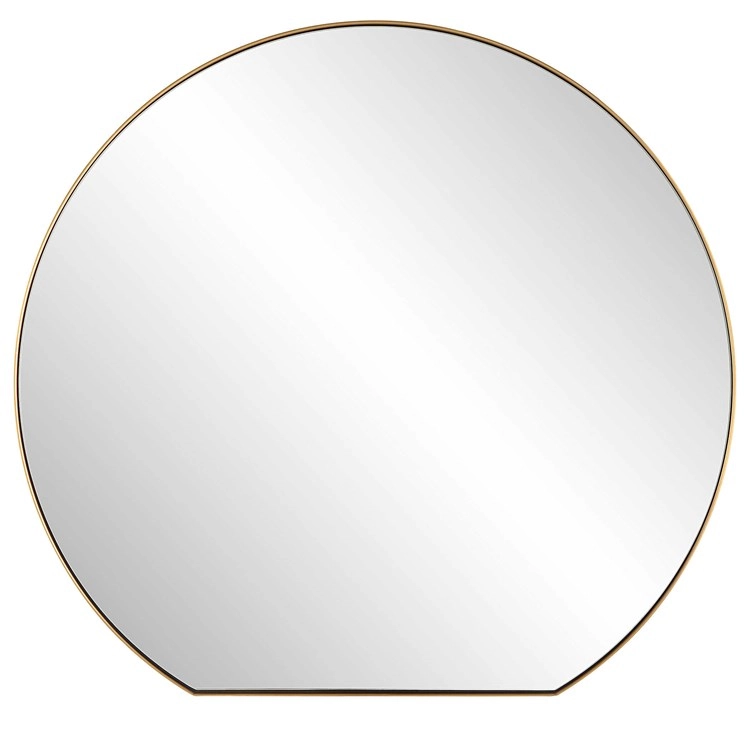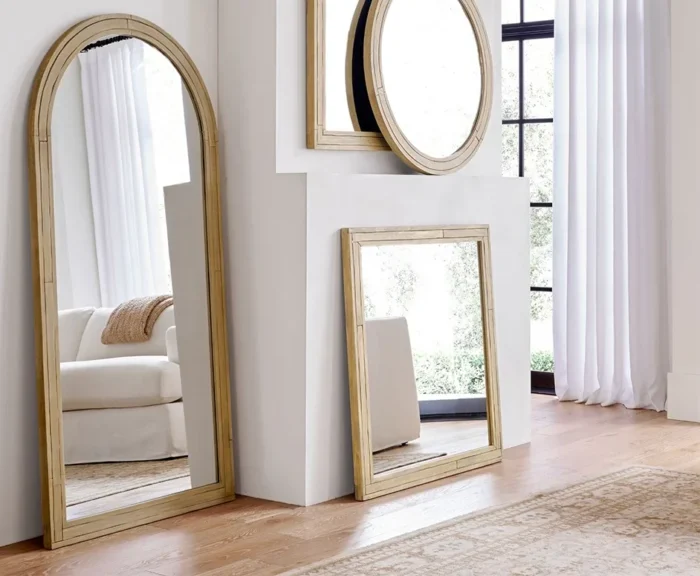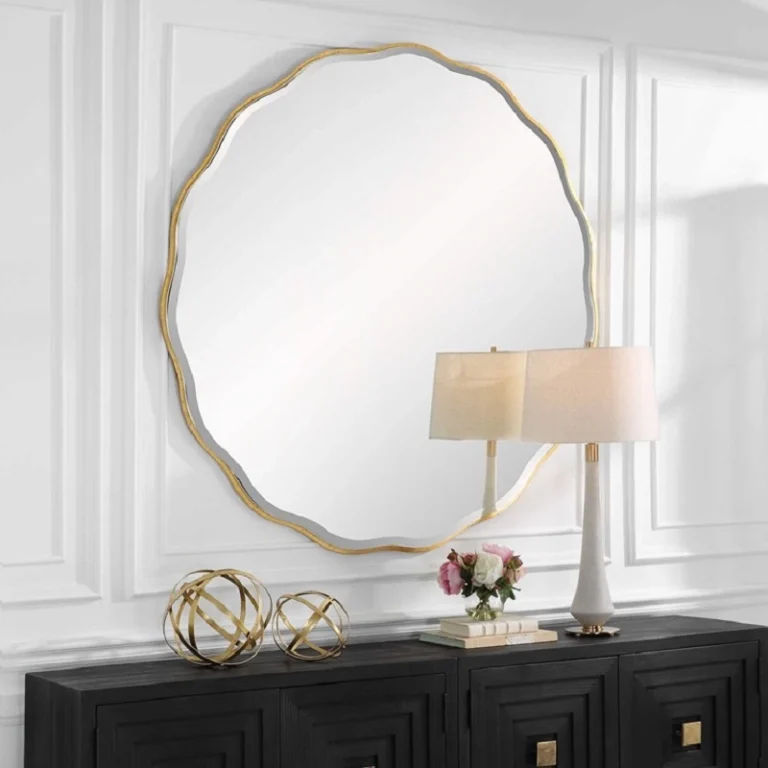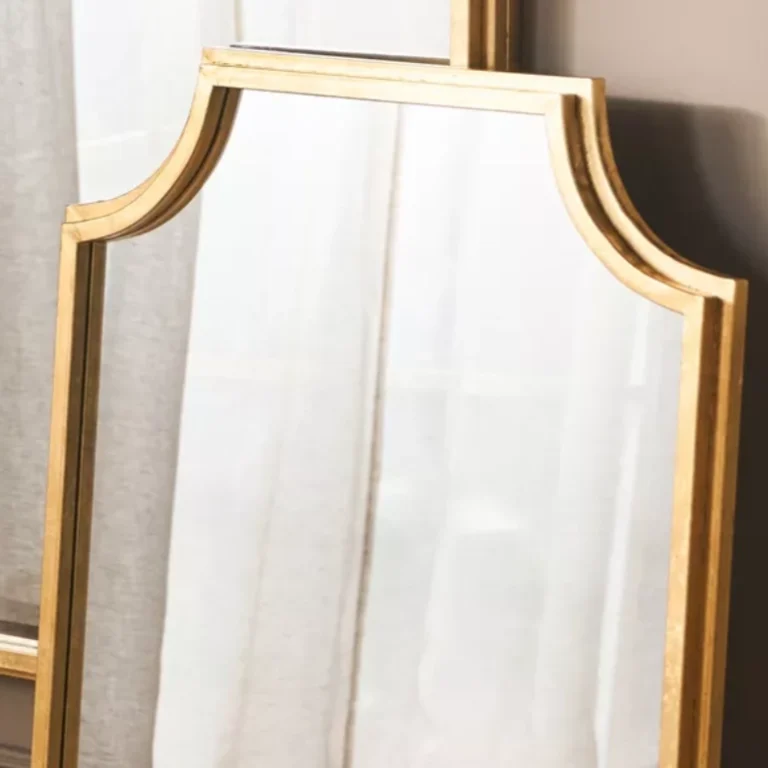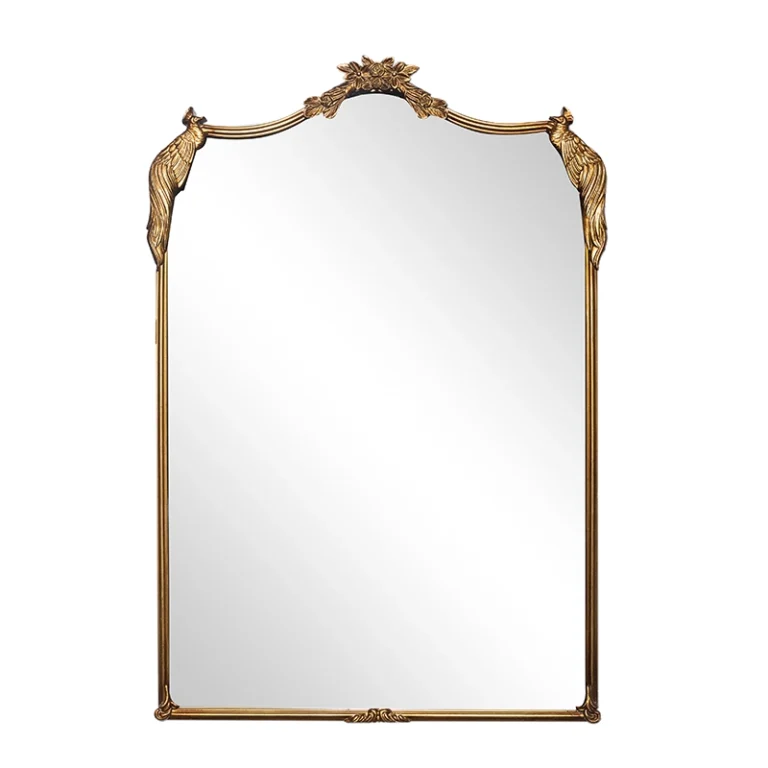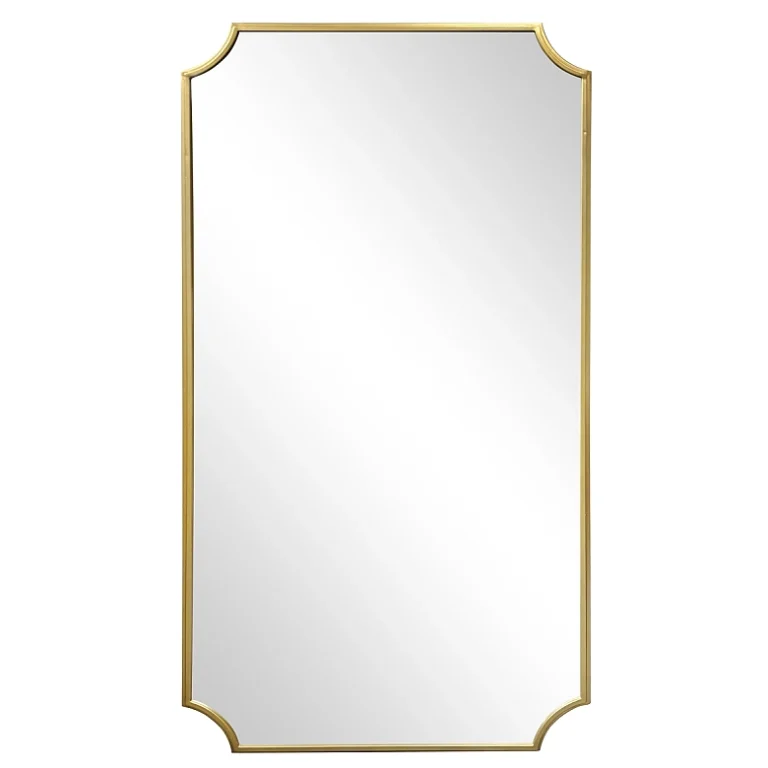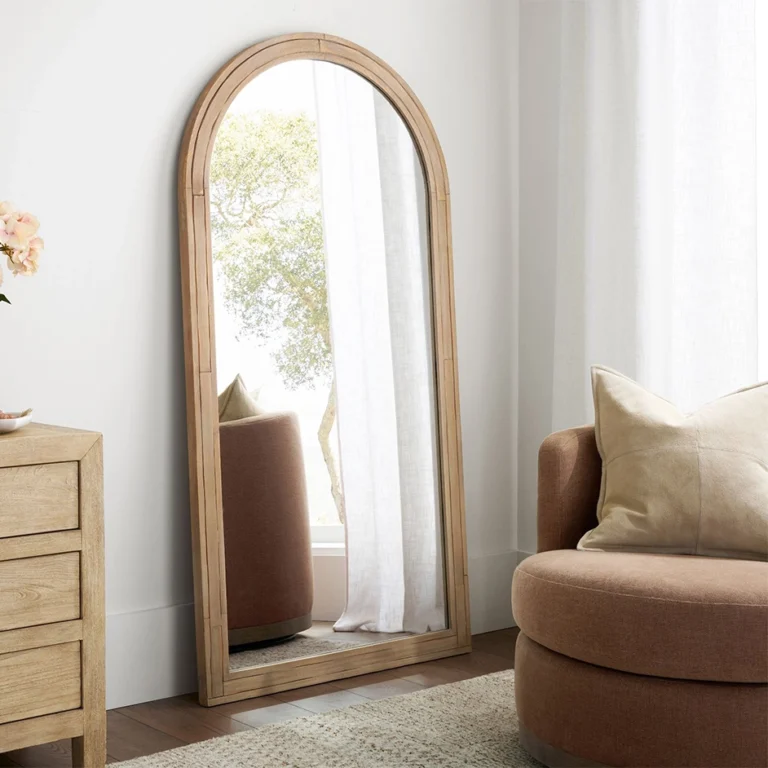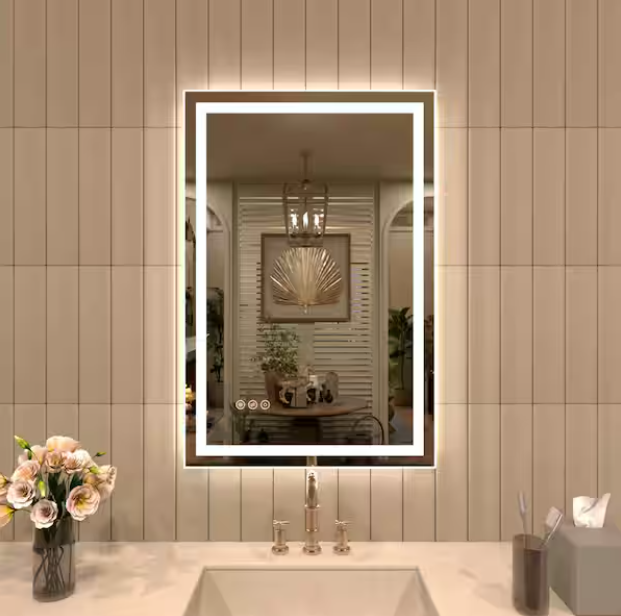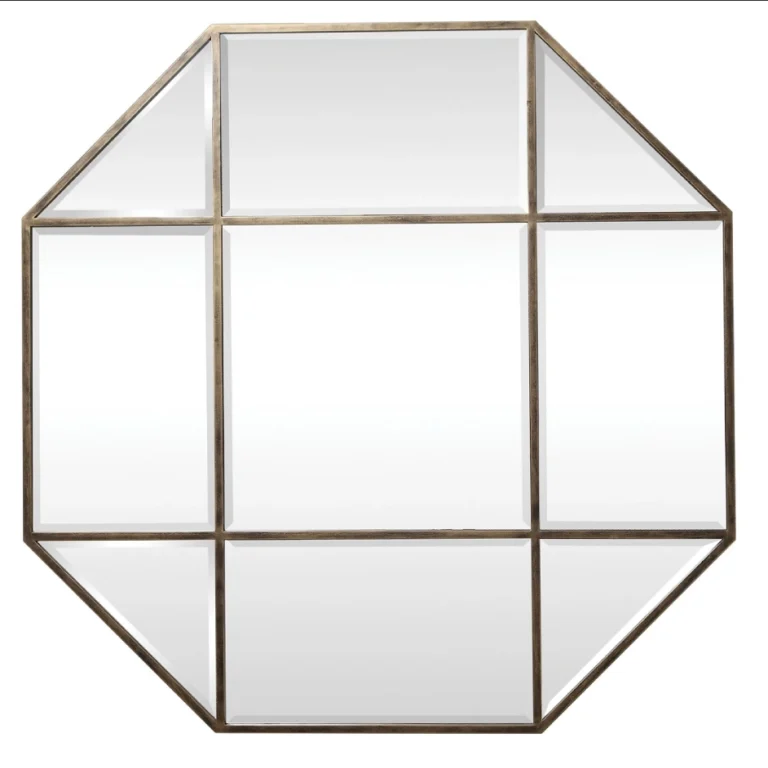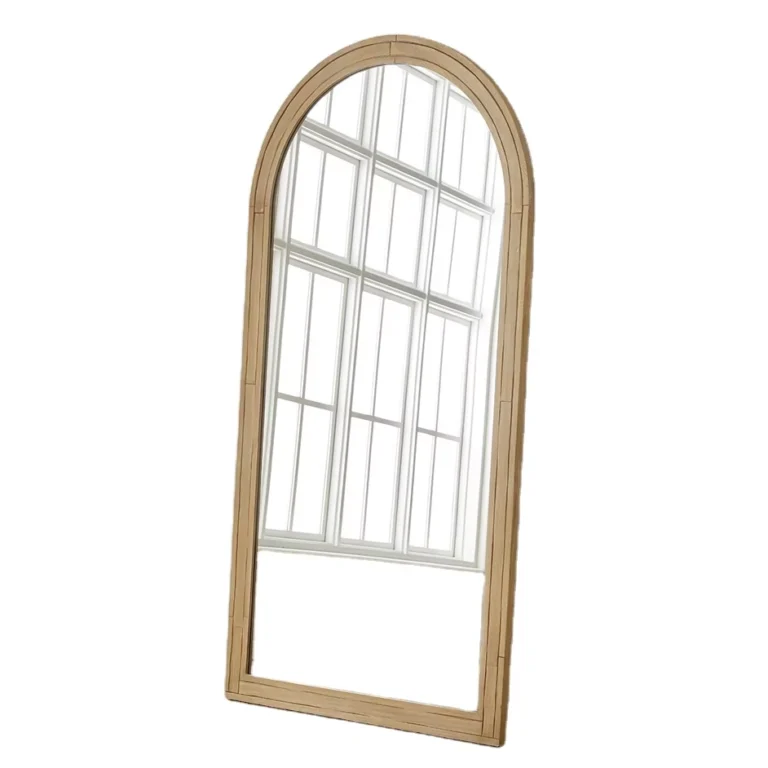Industrial Mirrors
Industrial Mirrors: An Overview
Industrial mirrors are specialized optical components designed for use in manufacturing, scientific research, engineering, and high-performance equipment. They are fundamentally different from common household mirrors, as they are engineered to meet precise technical requirements for specific environments and applications.
Key Characteristics (How They Differ from Household Mirrors)
-
Substrate (Base Material): They are not made from standard glass. Instead, they use advanced materials:
-
Borosilicate Glass: Known for its low thermal expansion, making it resistant to heat shock.
-
Fused Silica / Quartz: Offers extremely high thermal stability, purity, and a high laser-induced damage threshold (LIDT), making it essential for high-power laser applications.
-
Metals (e.g., Aluminum, Copper, Stainless Steel): Used for their strength, durability, and excellent thermal conductivity, which is critical for heat dissipation.
-
** Silicon:** Often used in the semiconductor industry for its specific properties.
-
-
Optical Coatings: This is the most critical aspect. The reflective coating is tailored for specific wavelengths of light (e.g., ultraviolet, visible, infrared) and power levels.
-
Protected Aluminum: A standard coating offering good reflectivity across a broad spectrum from UV to IR.
-
Enhanced Aluminum: Has additional dielectric layers to increase reflectivity (e.g., up to >98%) at specific wavelengths.
-
Dielectric Coatings: These are multilayer coatings that can achieve reflectivities of >99.9% for very narrow, specific wavelengths (e.g., for lasers). They are essential for high-power laser systems.
-
Gold (Au) Coating: Excellent reflectivity in the infrared (IR) and visible range, but poor in the UV. Often used for thermal imaging and IR applications.
-
Silver (Ag) Coating: Provides the highest reflectivity in the visible and near-IR spectrum but tarnishes easily and requires a protective layer.
-
-
Precision and Surface Quality: Industrial mirrors have extremely tight tolerances for surface flatness (often measured in wavelengths of light, λ), surface roughness (in Ångströms), and precise angles of incidence. They are designed to introduce minimal distortion.
Common Types of Industrial Mirrors
-
Front-Surface Mirrors: The reflective coating is applied on the top surface of the substrate. This eliminates the double reflection and ghosting caused by the secondary reflection from the glass surface of a standard rear-view mirror. Virtually all high-precision industrial mirrors are front-surface.
-
Rear-Surface Mirrors: The coating is applied to the back of the glass and protected. Used for less critical applications like inspection mirrors.
-
Dichroic (or “Cold”) Mirrors: Designed to reflect specific wavelengths while transmitting others. For example, reflecting visible light but transmitting infrared heat.
-
Hot Mirrors: The opposite of a cold mirror; they reflect infrared heat while transmitting visible light.
-
Beamsplitter Mirrors: Partially reflect and partially transmit incident light, typically in a specific ratio (e.g., 50/50, 70/30).
Primary Applications
-
Laser Systems: This is one of the largest applications. Mirrors are used to steer, bend, and focus laser beams in cutting, welding, engraving, marking, and medical laser systems. Require high-power dielectric coatings.
-
Semiconductor Manufacturing (Lithography): Ultra-precise mirrors are used in photolithography steppers and scanners to project circuit patterns onto silicon wafers using extreme ultraviolet (EUV) light.
-
Machine Vision and Automation: Mirrors are used to provide alternative viewing angles, reduce the overall footprint of a system, and inspect parts from multiple sides with a single camera.
-
Life Sciences & Biotechnology: Used in microscopy (e.g., directing light in fluorescence microscopes), spectroscopy, and DNA sequencing instruments.
-
Aerospace & Defense: Used in targeting systems, rangefinders, satellite imaging systems, and flight simulators.
-
Thermal Processing & Solar Power: High-reflectivity mirrors are used in industrial furnaces and concentrated solar power (CSP) plants to direct and focus intense thermal energy.
Leading US-Based Manufacturers and Suppliers
The United States is a global leader in the design and manufacture of high-end industrial mirrors. Key companies include:
-
Newport Corporation (now part of MKS Instruments): A premier supplier of a vast array of optical components, including highly precise laser mirrors and mounts.
-
Edmund Optics: A major global supplier of off-the-shelf and custom optics, offering a huge range of industrial mirrors for various applications.
-
Thorlabs: Known for providing a wide catalog of optical components, including mirrors, for the research and industrial markets at competitive prices.
-
II-VI Incorporated (now Coherent Corp.): A powerhouse in engineered materials and laser components, producing high-performance mirrors for the most demanding laser applications.
-
REO (Reynard Corporation): Specializes in designing and manufacturing custom high-precision optical coatings and mirrors, particularly for laser and aerospace industries.
-
Zygo Corporation: Renowned for their expertise in optical metrology, they also manufacture extremely high-precision mirrors with exceptional surface quality.
In summary, industrial mirrors are critical, high-performance components that enable advanced technology across numerous fields. Their value lies in their specialized materials, precise coatings, and exacting manufacturing standards tailored for specific light-manipulation tasks.
Generally speaking, our order requirements are as follows: the minimum order quantity (MOQ) for large items is 50 pieces, for regular items it is 100 pieces, for small items it is 500 pieces, and for very small items (such as ceramic decorations) the MOQ is 1,000 pieces. Orders exceeding $100,000 will receive a 5% discount. The delivery timeline is determined based on the specific order quantity and production schedule. Typically, we are able to complete delivery within two months.
